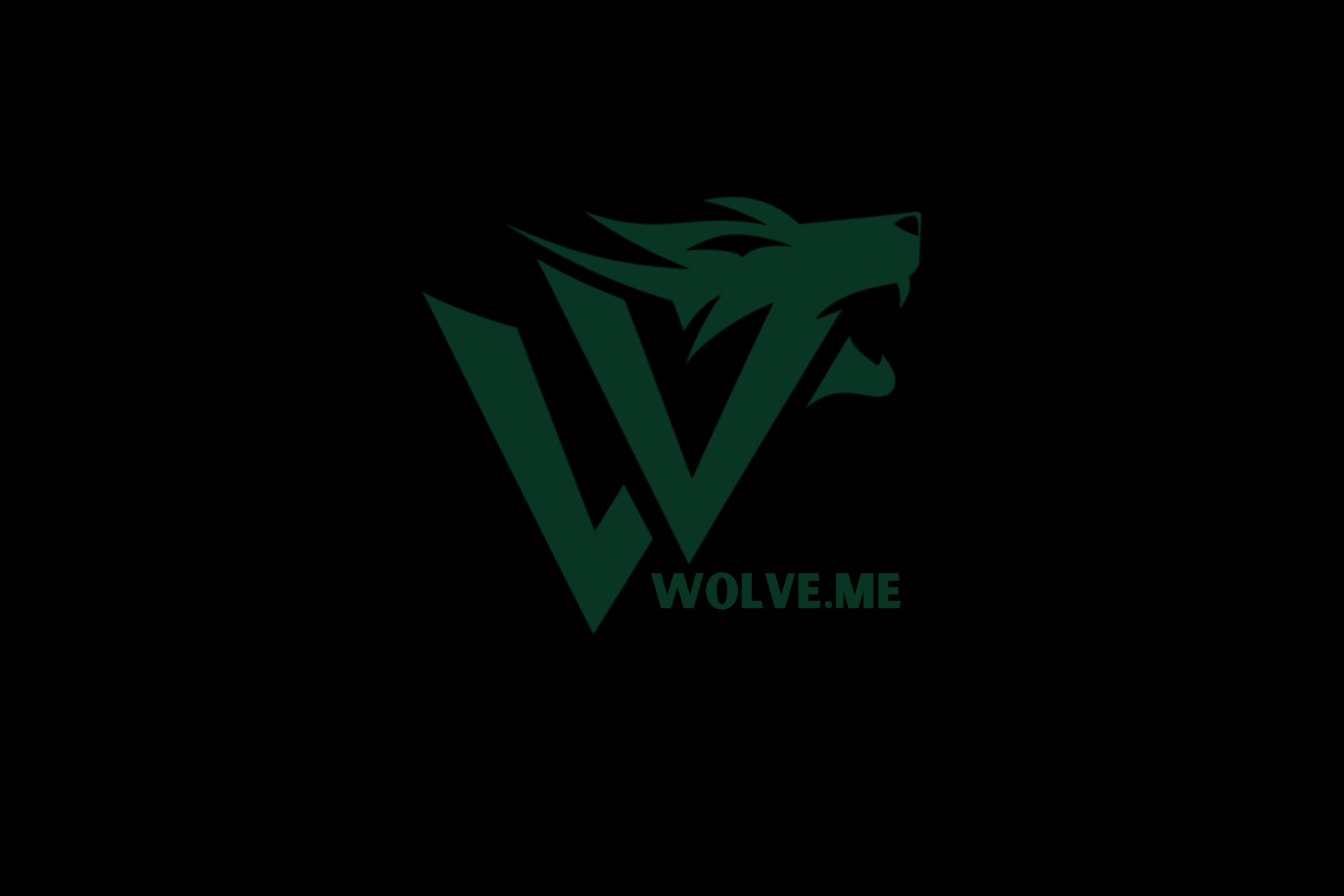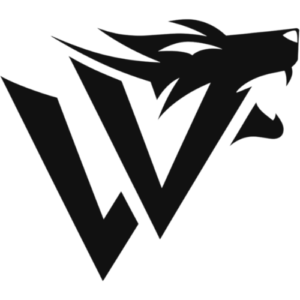„Wolve” and „Me”: The beginning of the story
The Wolf Within: Unveiling the Origins of the Word „Wolve”
The word “wolve” carries with it a deep, primal connection to one of nature’s most formidable creatures — the wolf. In this blog, we’ll explore the history of the word “wolve,” its linguistic roots, and how this ancient term has transformed into a symbol of strength, freedom, and loyalty, all of which have become the foundation of our modern-day brand philosophy.
The Origins of „Wolve”
The term „wolve” can be traced back to Old English, where it appeared as „wulf,” a word derived from Proto-Germanic wulfaz. Its roots are deeply embedded in the early linguistic history of Europe, with variations of the word appearing in several Germanic languages, including Old Norse ulfr and German Wolf.
In the broader Proto-Indo-European context, the word for wolf was wĺ̥kʷos, and this evolved into the many forms we recognize today in modern English and other related languages. Wolves were not just predators, but key figures in mythologies, symbolizing power, cunning, and survival. This early association with nature’s raw energy speaks volumes about the way language evolved to embody the wolf’s powerful symbolism.
wolve in British English (source: Collins English Dictionary) is a verb. It means: to behave or act like a wolf, and in the music world it is: to make a whining sound similar to a wolf due to a lack of air.
The Wolf as a Symbol
Over time, the word „wolve” and its related terms began to evolve, but the animal itself remained a symbol of independence and resilience. Wolves live and hunt in packs, yet each one is known for its incredible individual strength. This duality of teamwork and personal power speaks to the deeper meanings associated with the word „wolve” — a creature that balances between being part of a collective unit and standing strong on its own.
„Me” and the Wolf: The Connection
Now, how does the word „wolve” tie into the modern notion of „me”? In today’s fast-paced, individualistic world, “me” represents the individual striving for greatness, self-reliance, and unique identity. Just as a wolf stands strong as an individual within a pack, each person seeks to harness their inner strength to conquer challenges.
The word “me” resonates with the idea of personal empowerment, and this is where the wolf becomes an ideal metaphor. A wolf embodies the spirit of “me” — strong, independent, and capable of achieving goals, whether alone or within a community. This philosophy can inspire anyone to push beyond their limits and pursue excellence.
Wolves, Strength, and Sports Gear: A Natural Link
So, how does this connection between the word „wolve,” „me,” and the spirit of independence translate into the world of branding, sports gear, and accessories?
Just like the wolf, athletes often find themselves on a journey of self-discovery, constantly striving to improve their strength, endurance, and resilience. They are individuals pushing their limits, just as a wolf pushes through the harshest terrains. That’s why incorporating the wolf into a brand’s identity creates a compelling connection to customers. It speaks to those who see themselves as the „wolves” of their own story — athletes, adventurers, and thrill-seekers who push boundaries and rise above challenges.
When you see the logo of a wolve.me on sports equipment — whether it’s a sleek pair of running shoes, a high-performance bicycle, or a durable backpack — the message is clear: this is not just equipment; this is a tool designed for strength, speed, and resilience. The wolf’s image on your gear becomes a reminder that you are stronger than you think and that you are equipped to face the world with the same courage and determination that wolves embody.
The Power of the Wolf in Modern Branding
Integrating the wolf into a brand identity isn’t just about invoking an image of power; it’s about creating a community of individuals who share similar values. The wolf symbolizes loyalty, both to oneself and to the pack — a powerful metaphor for customers who want to feel part of a collective, all while maintaining their unique identity.
Imagine receiving a piece of sports equipment adorned with a wolf logo. The sleek, bold design doesn’t just represent a product; it reflects a mindset. It’s about reminding athletes that they are powerful, that they’re part of something bigger, yet still capable of standing tall as individuals. Whether it’s conquering a marathon or pushing limits in the gym, the wolf is there to symbolize the drive and strength needed to achieve greatness.
Conclusion: A Wolf in the World of Sports
The journey from the ancient roots of the word “wolve” to its modern-day branding applications demonstrates the enduring power of symbolism in language and culture. The wolf, with its connotations of strength, independence, and perseverance, continues to inspire individuals to push boundaries and exceed expectations.
So, when you look at your sports gear, whether it’s a set of workout gloves, a water bottle, or even a stylish jacket adorned with a wolve.me logo, remember: you’re not just carrying around equipment. You’re wearing a symbol of resilience, power, and personal strength — traits embodied by the „wolve” and the spirit of “me.” It’s a call to live with the same courage, strength, and independence that wolves have represented for centuries, and it’s a reminder that, like the wolf, you too have the strength to rise above challenges and achieve greatness.


